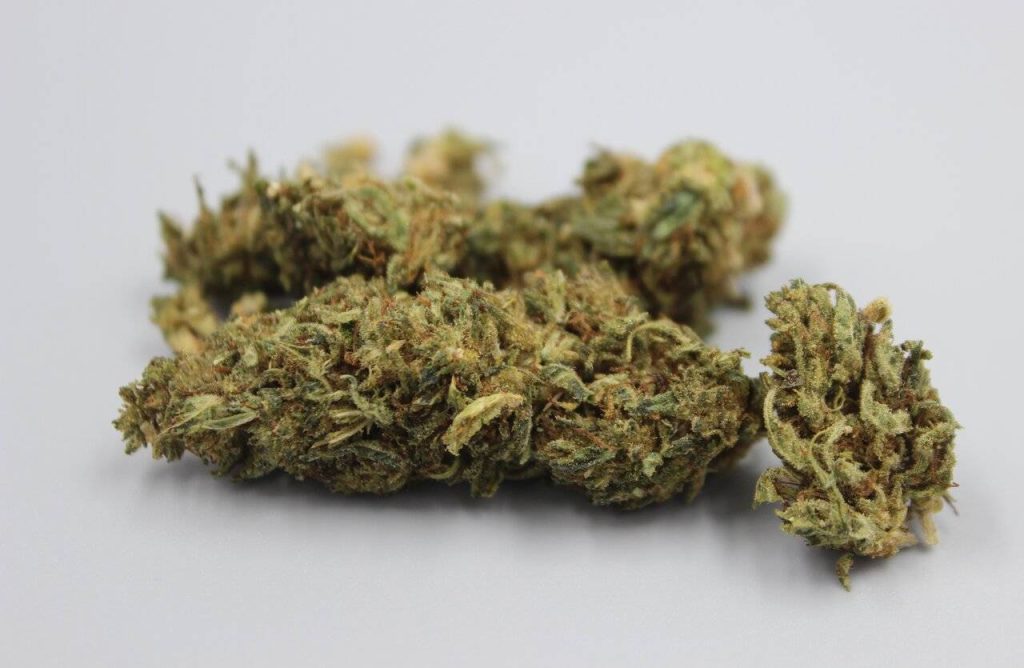THCA tetrahydrocannabinolic acid flowers are making a significant impact on the cannabis industry, revolutionizing how we approach cannabis consumption. Unlike THC, which is the psychoactive component of cannabis, THCA is the non-psychoactive precursor. THCA is found in raw cannabis plants and only converts into THC through a process called decarboxylation, which typically occurs when cannabis is heated during smoking or vaping. This difference in chemical state has opened new avenues for consuming cannabis in a way that offers therapeutic benefits without the psychoactive effects commonly associated with THC. One of the most notable advantages of THCA flowers is their potential for providing therapeutic benefits while avoiding the high that THC produces. THCA is rich in various cannabinoids and terpenes that contribute to its medicinal properties. Research suggests that THCA may have anti-inflammatory, neuroprotective, and anti-emetic effects, making it a promising candidate for treating conditions such as chronic pain, neurodegenerative diseases, and nausea. This shift towards THCA offers patients and consumers a more nuanced approach to managing their health, catering to those who seek relief without the cognitive effects of traditional THC consumption.

Furthermore, the rise of best thca flower has introduced new methods of consumption that preserve the plant’s raw compounds. For instance, juicing fresh cannabis leaves or using THCA-rich tinctures and extracts allows users to harness the benefits of THCA without the need for heating. This raw consumption method aligns with a growing interest in holistic and natural health practices, providing a fresh perspective on how cannabis can be integrated into daily wellness routines. Additionally, THCA flowers can be used in a variety of culinary applications, from smoothies to salads, adding another layer to the versatility of cannabis as a dietary supplement. The innovation surrounding THCA flowers also addresses the increasing demand for non-psychoactive cannabis options, catering to both medical and recreational users who may prefer to avoid the high. This broadens the appeal of cannabis to a wider audience, including those who may have been hesitant to try it due to concerns about impairment or cognitive effects.
As the cannabis industry evolves, THCA flowers represent a crucial step towards inclusivity and responsible consumption, offering alternatives that align with personal preferences and lifestyle choices. In addition to its health and wellness benefits, the popularity of THCA flowers is also driving advancements in cultivation and processing techniques. Growers are now focusing on breeding strains that are high in THCA and low in THC, which requires careful attention to plant genetics and cultivation practices. This focus on THCA-rich strains is pushing the boundaries of what is possible in cannabis horticulture, encouraging innovation and experimentation within the industry. In summary, THCA flowers are revolutionizing cannabis consumption by providing a non-psychoactive alternative that offers various therapeutic benefits. They cater to a broader audience, integrate seamlessly into holistic health practices, and drive advancements in cannabis cultivation. As more people discover the benefits of THCA, the cannabis industry is likely to see continued growth and diversification in how cannabis is consumed and appreciated.